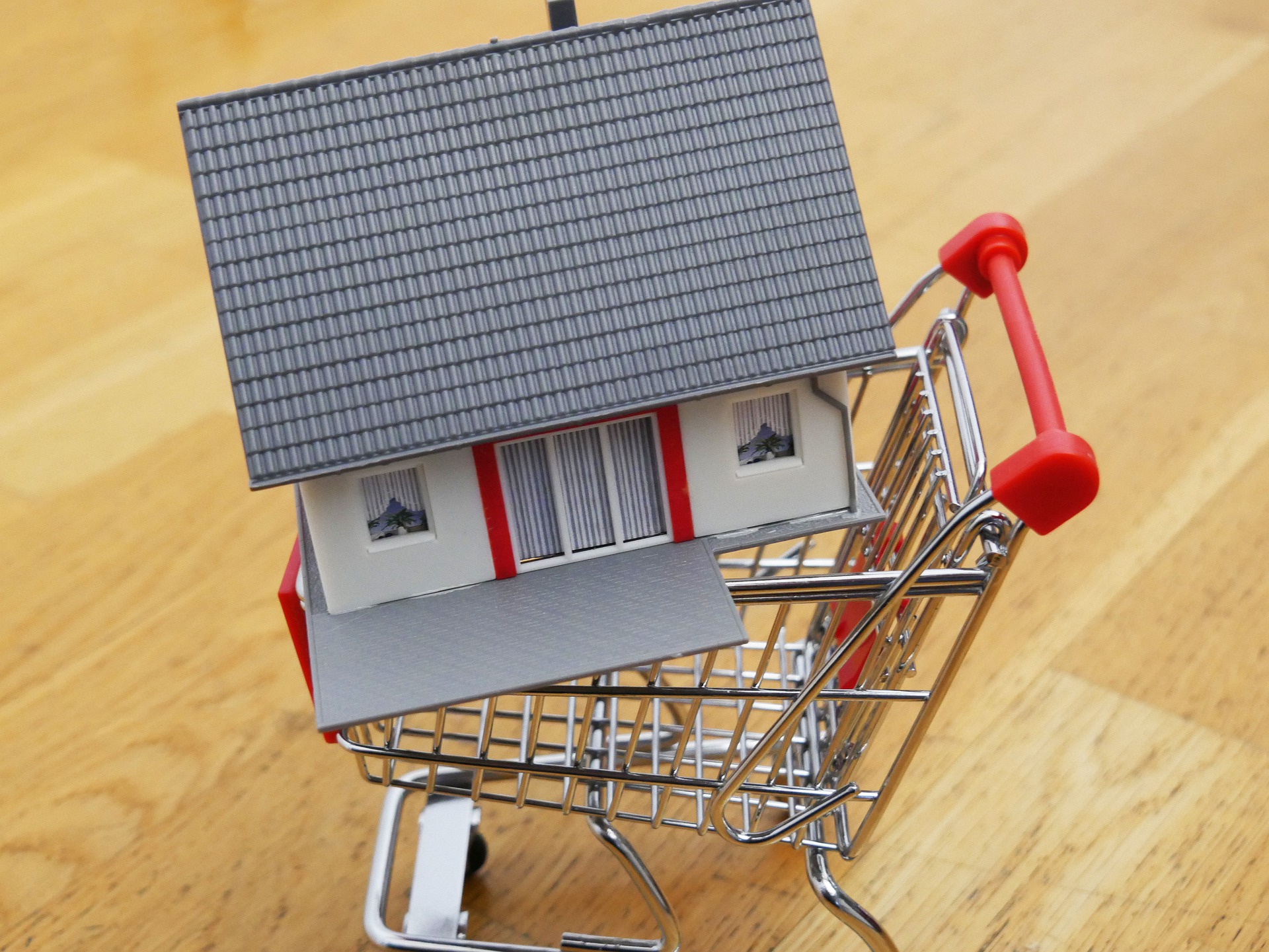The UK economy suffered an unprecedented blow in April as the coronavirus lockdown choked off demand, according to a closely watched gauge which slumped to its lowest level since records began.
The IHS Markit/Cips composite purchasing managers’ index (PMI) crashed to a reading of 12.9 in April. This was the worst score since the survey began more than 20 years ago.
April’s reading was even worse than analysts’ dire predictions and well below March’s record low of 36. A score of below 50 indicates contraction. The worst score seen during the financial crisis was 38.1.
The data was “eye-watering,” said Ruth Gregory, senior UK economist at Capital Economics. She said the lockdown “has pushed the economy into a recession of unprecedented speed and depth”.
The unprecedented collapse in the PMI highlights the devastation coronavirus is wreaking on the UK economy. It is one of the most up-to-date economic indicators.
Lockdown measures, which were last week extended until early May, have caused businesses to close and demand to evaporate as people stay at home and lose their jobs.
Chris Williamson, chief business economist at data firm IHS Markit, said the PMI reading was consistent with UK GDP falling at a rate of seven per cent per quarter.
Such an economic contraction has not been seen since World War II. Yet many groups, such as the UK’s budget watchdog, predict a steeper fall in GDP.
Coronavirus batters UK services sector
Britain’s enormous services sector bore the brunt of the pain. The coronavirus lockdown sent the sector to its worst month since records began in 1996.
“Business closures and social distancing measures have caused business activity to collapse at a rate vastly exceeding that seen even during the global financial crisis,” said Williamson.
More than 80 per cent of UK services providers reported lower business activity in April. Duncan Brock, group director at Cips, the Chartered Institute of Procurement & Supply, said this “compared with 38 per cent during the worst single month of the global financial crisis”.
Around half of all firms’ purchasing managers reported lower numbers of staff in April.
However, numerous respondents said this was due to their firm using the government’s job retention scheme that pays 80 per cent of a worker’s wages if they temporarily stop working, or “furloughed”.
The government has rolled out a number of very large support schemes for the UK economy that seek to limit the damage from coronavirus.
Dire figures will spark debate among policymakers
Yet April’s PMI data will raise questions about whether support is getting to businesses quickly enough. There have been a number of complaints about the coronavirus business interruption loan scheme (CBILS) for example.
Williamson said the dire performance of the UK economy in April will also spark debate about the length of the lockdown.
The cabinet is reportedly split about when to start lifting stay-at-home orders and letting people go back to work.
“Hawks” such as chancellor Rishi Sunak and cabinet secretary Michael Gove arguing that the economy needs to be returned to normal quickly.
On the other side are the “doves”. These include Prime Minister Boris Johnson and health secretary Matt Hancock, who fear the damage a second wave of infections could do.
By Harry Robertson
Source: City AM




